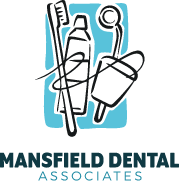Dental sealants protect against cavities by placing a protective layer over your teeth. Your dentist applies a thin, liquid plastic material to your teeth, which will harden, and serve as a barricade against plaque and food debris. They are usually applied to the premolars and molars, which can be harder to clean, and are used more during chewing. While dental sealants are commonly associated with children’s dentistry, this preventive measure can benefit adults, too. Your dentist might recommend sealants if you are more susceptible to developing cavities, or if you would benefit from additional defensive measures.
Some People Carry Higher Cavity Risks Than Others
Dry mouth is the commonly used term for xerostomia, a lack of saliva production. Dry mouth can make you more vulnerable to cavities, as your saliva operates as a defense against tooth decay by helping to clear away food debris. It can also help keep bacteria in your mouth under control. If you regularly deal with xerostomia, your dentist may advise that you receive dental sealants. If your dentist observes that your teeth are more susceptible to developing caries, which make cavities possible, you may also be a good candidate for sealants. Your dentist can use x-ray images or intraoral photos to review your inherent cavity risk with you.
Preventive Measures With Your Dentist, And At Home
The combination of diligent oral care at home, and regular visits with your dentist, can help you control your cavity risk. While dental sealants can further protect you, they are not a substitute for good dental hygiene. You should include routine dental checkups as part of your oral health plan.





Recent Comments